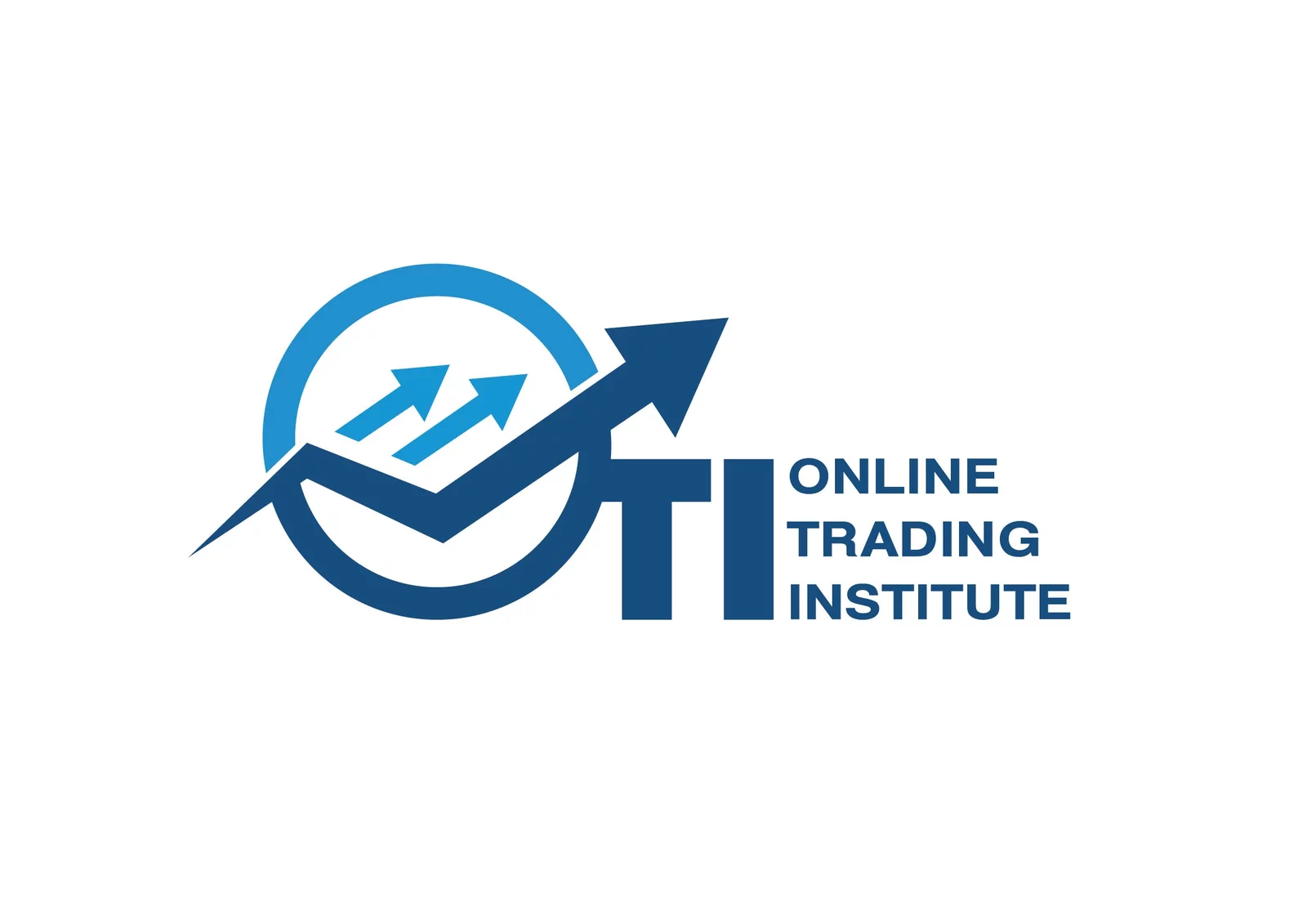Types Of Trading Accounts Every Investor Should Know
In today’s contemporary world investing has become a primary source of income for several investors.
To invest in stock market one must know the importance of Demat account which is literally short form of Dematerialisation.
The concept of dematerialization was introduced in the securities markets in India in 1996 when National Securities Depository (NSDL) was established the organization promoted dematerialization to improve settlement efficiency on stock exchanges.
Dematerialisation means shift from physical certificates to electronic bookkeeping. Dematerialisation applies to Equity, bonds, commodities, mutual funds, government funds etc.
A Demat account is used as a bank where shares are stored in electronic form. On the other hand, a trading account is used to buy and sell. Following are the various types of trading accounts.

1. Equity Trading Account
Traders should open Equity Trading Account. It helps the traders to trade in stocks, futures, and options trading.
The trader has the opportunity to deal currency derivatives by using his trading account. But, equity trading account is not sufficient to subscribe for trade-in commodities, take the stocks’ delivery and Intial Public Offering (IPO).
The user needs a demat account if he wants to subscribe for an IPO or take delivery. An existing or new trading account is enough to invest in future or trade options.
2. Commodity Trading Account
Commodity trading account plays a major and important role in the commodity market. If an investor wants to trade in commodities he must open a commodity trading account.
This type of trading account must be opened with a registered commodity broker and recognized commodity exchange in India.
There are two popular and important commodity exchanges in India: The Multi Commodity Exchange (MCX), The National Commodity and Derivatives Exchange(NCDEX).
Earlier the regulator for checking commodities and equities was different, but recently, commodities trading was undertaken by Security Exchange Board OF India (SEBI) regulation.
3. Offline and Online Trading Accounts
If a trader wants to trade offline, he can make transactions by calling a reliable stockbroker and place an order.
Alternatively, the investor can visit broker’s office and place the order physically. However, the offline way is more hectic and time-consuming.
While in online trading, the trader has to make a call, and all the desired transactions will be successful with the help of trading software built by reliable stockbroking firm or by using a mobile trading app.
The online option is convenient and hassle-free.
4. 2-in-1 Trading Accounts and 3-in-1 Trading Accounts
A trader needs three different types of accounts to trade in Indian stock market Bank account, Demat account and Trading account.
An investor must transfer the money from his bank account to a trading account and then he can use this money to buy or sell shares through a trading account.
Every share purchased will be stored in a safe and secure Demat account.
There are very few brokerages that offer a 2-in-1 trading account that integrates only with Demat and the trading account, It’s primary purpose is to ensure quick and seamless transfer of shares from trading to Demat account when shares are purchased.
The 3-in-1 trading account goes one step ahead of the 2-in-1 trading account because it delivers additional facility in integrating banking services with trading and Demat account.
These accounts ensure safe transactions and transfer funds from one account to another.
5. Discount Broking Account
A Discount broking account is a normal type of trading account that has additional services.
Brokers dealing with discount broking account offer call and trade facility. These traders are very expensive for investors because they trade high volumes at a very low cost.
An investor is allowed to execute trading transactions if he has a discount broking account.
This type of account has low brokerage costs as the operating costs as the operating costs are relatively low than other types of trading account.
6. Full-Service Trading Account
A Full-service trading account offers several types of services compared to a discount broking account.
An investor has the opportunity to use advisory services and take financial advice when he is unable to make trading decisions on his own.
Investors can use multiple integrated research tools to keep an eye on current market trends and make decisions after thorough research.
In simpler terms, a full-service trading account help investors save crucial time in researching the entire market and making trading decisions.
FAQS
Q.) How many types of Trading Accounts are there?
Answer : There are atleast two types of trading accounts. 2-in-1 account and 3-in-1 account.
Q.) Which trading account is best in India?
Answer : IIFL is trading account is best in India.
Q.) Which are the four types of trading styles?
Answer : The four types of trading styles are The Scalper, The Day Trader, The swing Trader and The position trader.
Q.) What are the two types of Trades?
Answer : The two types of trades are Domestic and International.
Q.) Which is the most inexpensive broker in India?
Answer : The cheapest trader in India is Zerodha with ₹20/trade.
These were the various trading accounts available in India. We hope that you found the article helpful. Stay tuned for articles and updates.
